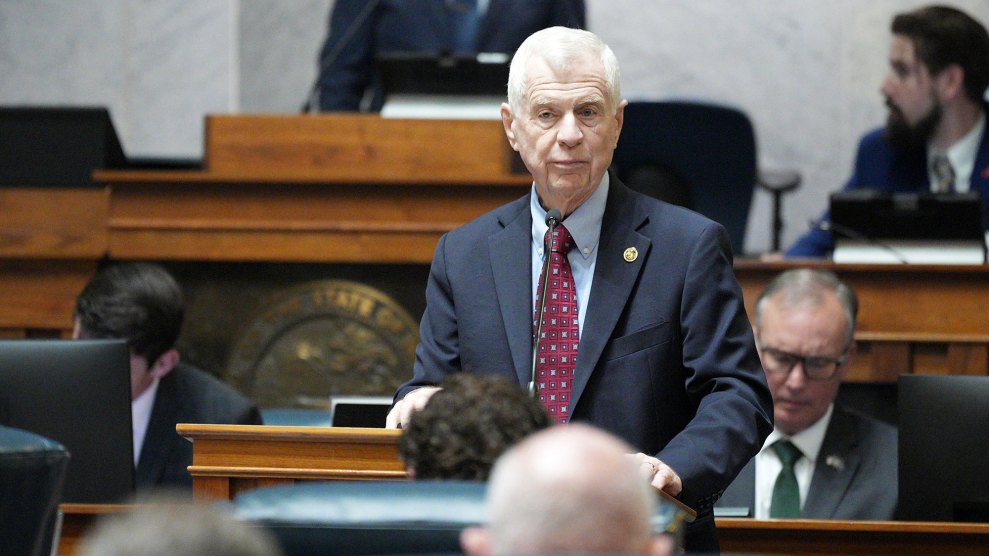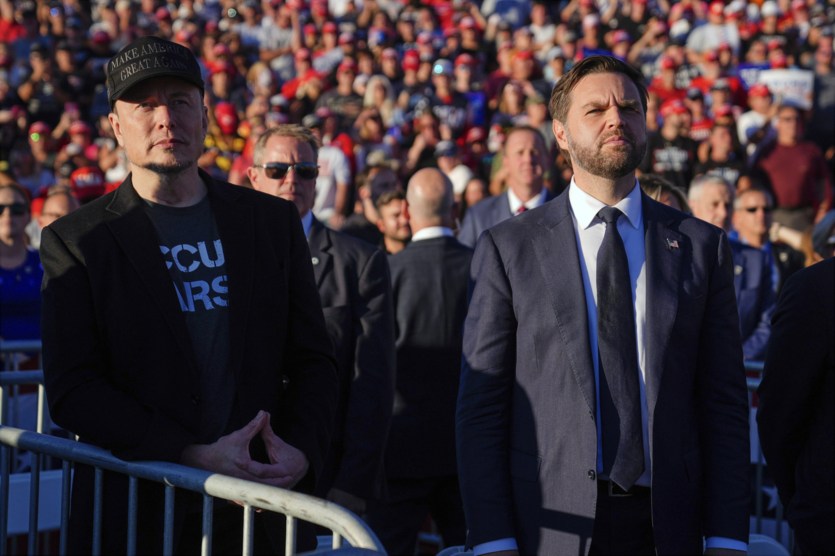This weekend Paul Krugman lavished immense praise on a presentation that Larry Summers gave to the IMF a few days ago, and I’ll confess that I’m a little puzzled by this. Not because it wasn’t a good presentation. It was. But it’s quite short and basically just tosses out an idea without really elaborating on it much. Here’s the idea: we might be in a permanent condition of slow economic growth—i.e., secular stagnation.
The evidence Summers presents is pretty straightforward: during the aughts, we had a huge housing bubble, and yet the economy still performed only listlessly:
Too easy money, too much borrowing, too much [perceived] wealth. Was there a great boom? Capacity utilization wasn’t under any great pressure. Unemployment wasn’t under any remarkably low level. Inflation was entirely quiescent. So somehow even a great bubble wasn’t enough to produce any excess in aggregate demand.
That’s true enough, and you can argue that this is a new thing. As recently as the late 90s, the dotcom bubble did produce a boom and did push employment to very high levels. That in turn put pressure on employers to offer higher wages, and sure enough, wages went up.
But the housing bubble, despite being even bigger than the dotcom bubble, did no such thing. As Summers says, it didn’t produce high employment; it didn’t push wages up; and it didn’t get the economy running at full capacity. And today, six years after the bubble burst and four years into recovery, with the world’s financial plumbing once again functioning just fine, the economy still isn’t running at high capacity. What’s up?
When I’ve talked about this before, I haven’t framed it as a problem of the natural interest rate going below zero, as Summers does. Instead, I’ve usually framed it as a problem of an investment drought. There simply aren’t enough promising real-world investments available, which means that lots of money is either sitting on the sidelines or else getting diverted into financial rocket science.
Now, in one sense, this is just two ways of saying the same thing: there aren’t enough promising real-world investments at current interest rates. It doesn’t matter that real interest rates are already negative. Reduce them even further, and more investments will look like winners. And yet, if Summers is right and this is a permanent condition,1 we’re still left with a question: what happened to produce a world in which, for an extended period of time, even negative interest rates aren’t low enough to make real-world investments attractive in sufficient quantities to get the economy humming?
The answer matters, because it determines our response. Krugman mentions demographics as one possible answer: slowing population growth means slower economic growth. Another possibility is increased automation: as machines take over more and more work, there are fewer jobs available and less income to spend. There’s also Tyler Cowen’s great stagnation thesis. Or the possibility that increasing income inequality means that the future will have fewer and fewer middle-class buyers to power a consumer economy, and investors know it. Or perhaps, as Jared Bernstein suggests, the culprit is the financialization of America (and the world):
I wonder if the key is “secular,” as in sector, as in sectoral misallocation. Many observers of the US economy have worried about the impact of financialization—the relative growth of the finance sector—on growth. Part of the concern is the bubble machine, and part is the devotion of considerable resources to non-productive activities.
And the misallocation is profound. Who out there thinks financial markets are playing their necessary role of allocating excess savings to their most productive uses? Anyone?
Not me. And yet, I wonder if this is really something that can be blamed on Wall Street? I’m all for reining in the size of the financial sector, but I confess to thinking that there must be something deeper than this that underlies our problem. Wall Street would happily allocate more money to real-world investment opportunities if the demand were there. But it’s not, even with essentially free money. For some reason, the investment community doesn’t believe that expanding production of real-world goods and services to maximum levels will pay off. If Summers is right, this is not a temporary condition that can be solved with monetary policy, it’s a permanent change in the economy. But why? One way or another, the answer has to get back to the real world. That’s where everything starts.
1Something that’s still up in the air. Usually, when bad economic times last long enough, people start to think they’ll last forever. Ditto for good economic times. It may be that we’re just in an unusually bad recession and need more time to pull out. However, the evidence of the aughts really does suggest that something happened to the economy starting around 2000, which means it’s been going on for an awfully long time.


















